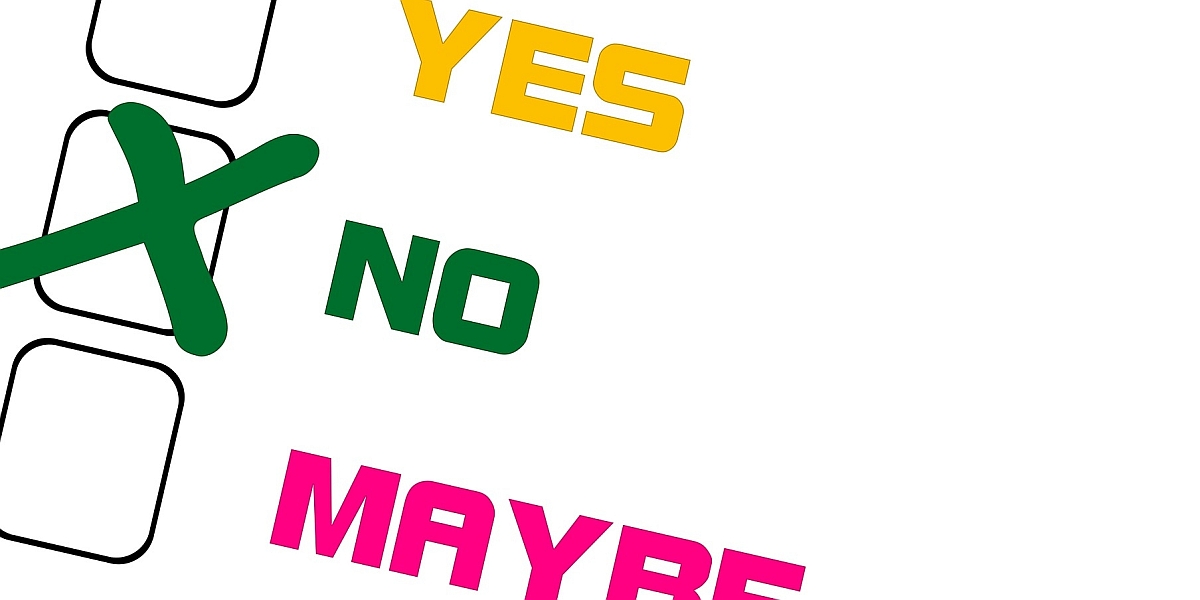4 rules to do less but still get more, even more
Sounds to be impossible? To get more, you need to invest more time. Working 10 hours a day will help you accomplish more than a colleague who only works 7 hours. Learning 3 hours a day will also help you get a higher score than a guy who just skips a few pages before the test starts. Working more means more results will be obtained.
However, this is a completely misconception, at least in modern society.Working smart, completely scientific can bring much higher efficiency than hard work. In some cases, doing many things at the same time or continuously resting for many hours also causes you to lose interest, lose motivation, and the end result will not be as expected.
It is not easy to do less and still get more. Because, you will have to think creatively to find more effective ways to work. If there is not yet a suitable method, here are a few guidelines to get you started.

1. 80/20 rule
"Not every day is an increase, but a day by day, by reducing things that are useless". - Bruce Lee
Basically, the 80/20 rule suggests that a small number of inputs play a role in determining a large number of outputs ( 80% of the results you get come from only 20% of what you give up. out ). This means, when applying this rule, you minimize the focus on 80% of the activities that do not produce the highest efficiency.
- Few inputs lead to multiple outputs.
- Few causes the number of consequences.
- In business, focus on products and services that bring you the most money and eliminate or reduce the remaining.
- In life, focus on activities that produce most satisfaction.
You cannot simply remove all things without contributing to the final result. To some extent, you also need to complete them. However, the purpose of that 80/20 rule is to force you to be more serious about cutting the time spent on unimportant parts, such as minimizing email reading to invest more in project, say no to those who do not put their best effort into work and spend a lot of time researching core terms and concepts instead of focusing on unnecessary details.

2. Parkinson's Law
Parkinson's law states that "Work always takes up the time assigned to it . " For example, for 5 hours to complete the project, you will finish it after 5 hours. However, for the same job, if you force yourself to complete it in 3 hours, you will have to suspend all other concerns to focus on it. Therefore, you can finish earlier than before. Conversely, if the deadline from 5 o'clock to 7 o'clock, then surely you will seek to "find" more work to do during that time, even, beyond the required time and late submission.
Therefore, the strategy here is to set a strict time and concentrate all your effort on a task to accomplish it , not to check the work done on the job list (to- do list). Obey seriously the deadlines and improve your ability to finish ahead of time to make the most of your time.
Some applications for your reference:
- Set a time of 90 minutes to complete a small project.When the time runs out, you can't continue to do it, so you can think fast and avoid wasting time.
- Divide large projects into small jobs.Try to complete each part instead of focusing on the whole project without knowing whether it can be done or when it has just been completed.
3. Energy management
Energy management is in stark contrast to time management, forcing you to think of results as a function of energy (the function of energy is to produce results), not to invest time ( invest time to get results). Working enthusiastically for a short time is far more effective than working all day, both distracted and tired.

In addition, working with low energy will also reduce your productivity. Instead, take a break to allow your body to recover before starting a new project.
- Too much work: Divide your time to rest and time to concentrate entirely on work.Don't keep moving between projects without letting your body relax or regenerate energy.
- Finish : Don't delay or prolong the working time when you can only take a few hours in a few days to complete them.This method will help you focus energy, save time and still ensure the highest efficiency.
- Rest, health and relaxation: Make sure your body is always energized with a reasonable diet, sleep, and rest.
4. Work smart
There is an old story about two woodcutter in a tree-cutting competition. The first woodcutter chooses a rusty ax and immediately runs into the forest to begin the mission. The second one spent a long time to sharpen the ax and when it was almost finished, he ran into the forest to choose the largest tree to cut. Obviously, it only took him very little time to cut down the big tree while the first woodcutter still couldn't cut a small tree.
The lesson here is not to spend time on tasks that you can't accomplish well. Pass them on to someone who has more expertise or expertise in the field than you. At the same time, with the problems you want to be really sophisticated, prioritize to improve your ability to exceed the requirements set before you start. This method will also help you save time very effectively.
You should read it
- ★ 7 effective time management ways to optimize productivity
- ★ 'Time assets' and 'Time debt'
- ★ 5 rules should be abolished immediately if you want to retain good employees
- ★ Effective time management with the Eisenhower Matrix method: Put effort into important and non-urgent tasks
- ★ Do these 8 things every time you lose your life to optimize time and increase work efficiency